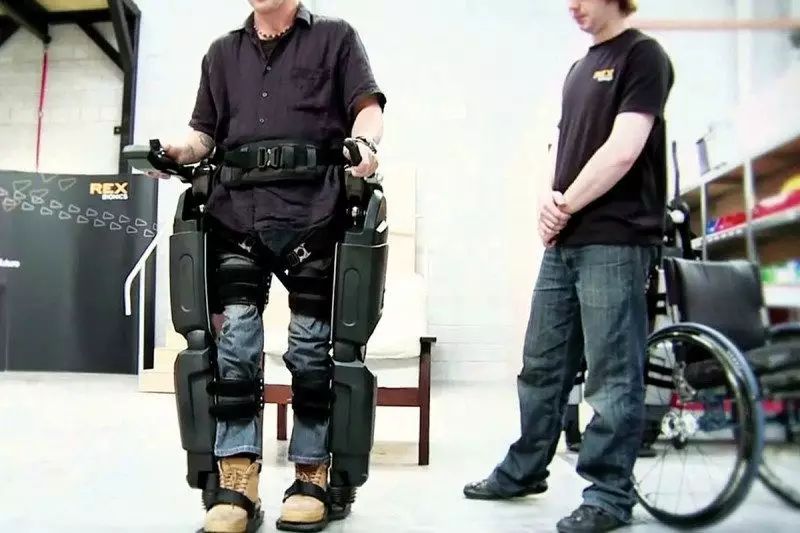
An interesting new idea.
(an interesting idea I read on New scientist, but it's important to note that this thing hasn't been tested yet. )
mind control, in a sense, is no longer a superpower. In recent years, a variety of devices have emerged that can directly recognize brain electrical signals and convert them into "action", which are expected to help paralyzed patients regain their mobility.
generally speaking, these devices need to put electrodes on the scalp or implant them directly into the brain, but these methods still have some shortcomings. The method of attaching it to the scalp is more convenient, but the signal is affected by the skull; the electrode signal implanted directly into the brain is more accurate, but the brain may recognize it as a foreign body and wrap it in scar tissue, so the electrode won't work properly.
recently, a team of researchers at the University of Melbourne came up with another way: implant electrodes like vascular stents. They implanted a stent with electrodes into the patient's brain vessels, which looks similar to a normal stent operation, except this time, the stent is not intended to open the blocked blood vessels, but to receive electrical signals from nearby nerve cells.
in 2016, the scaffold electrode was tested on sheep. It seems to work well: similar to directly implanted electrodes, it can receive signals more clearly, while at the same time it is not affected by scar tissue (because there is no direct contact with brain tissue).
currently, researchers are planning clinical trials with the ultimate goal of making it easier for paralyzed patients to control exoskeleton devices with their minds.
this idea sounds interesting, but it is not clear whether it will really achieve its ultimate goal. But to be sure, technology will help patients with dyskinesia live a better life.
more read: motion picture appreciation: paralyzed hands can also move
Make you look more flatterring in our purple bridesmaid dresses! Take time to enjoy in these collections!
Source: https://www.newscientist.com/article/mg23431261-600-brain-control-via-blood-vessel-stent/